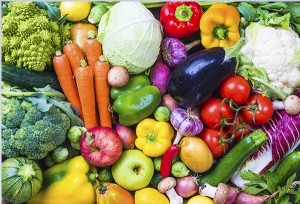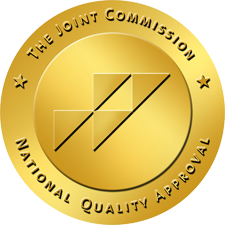 March is National Nutrition Month! It is a campaign created to focus on the importance of making informed food choices and developing sound eating and physical activities. What better way to celebrate than to share our top tips on senior nutrition for our residents and their loved ones.
March is National Nutrition Month! It is a campaign created to focus on the importance of making informed food choices and developing sound eating and physical activities. What better way to celebrate than to share our top tips on senior nutrition for our residents and their loved ones.
At Generations Healthcare Network, we make sure that each facility works with our dietary department to ensure our residents are getting the proper nutrients, fruits and vegetables daily.
Nenita Guzman, the Director of Food Service Management at Generations Healthcare Network provides consultant services to contracted facilities. Her role is to ensure the facilities are serving nutritious, delicious, well-presented meals. She partners with our food service vendors and dietitians to ensure menus are designed to meet the dietary requirements for all facility residents.
Our top tips for senior health:
Tip #1: Omega 3 Fatty Acids have been proven to reduce inflammation and can be found in flaxseeds and flaxseed oil, walnuts, canola oil, and different types of fish. An Omega 3 supplement can also help when added to your diet.
Tip #2: Calcium is needed to build bone health. It also has an added benefit because it lowers blood pressure. The World Health Organization (WHO) recommends seniors get at least 1200 milligrams per day of calcium – equal to about four cups of fortified orange juice, dairy milk, or fortified non-dairy milks such as almond or soy. Leafy greens like kale and turnip greens are also great sources of absorbable calcium.
Tip #3: Another great option for your diet is to limit your sodium intake. The best options that will keep your blood pressure low are fresh and frozen fruits and vegetables, dry beans, unsalted nuts and nut butters, and grains like brown rice and oats.
Tip #4: Lastly, hydrate, hydrate, hydrate! Some medications can make you more susceptible to dehydration. Drink at least 8 oz of fluid with each medication intake, drink “mocktail” concoctions like strawberry/ coconut water or cucumber lemonade and add water-content foods such as fruit, vegetables and soups to your diet.
Overall, when it comes to healthy aging, being open to changes is beneficial. Educate yourself and your family members and ask your doctor and nutritionist about the best options for all!



